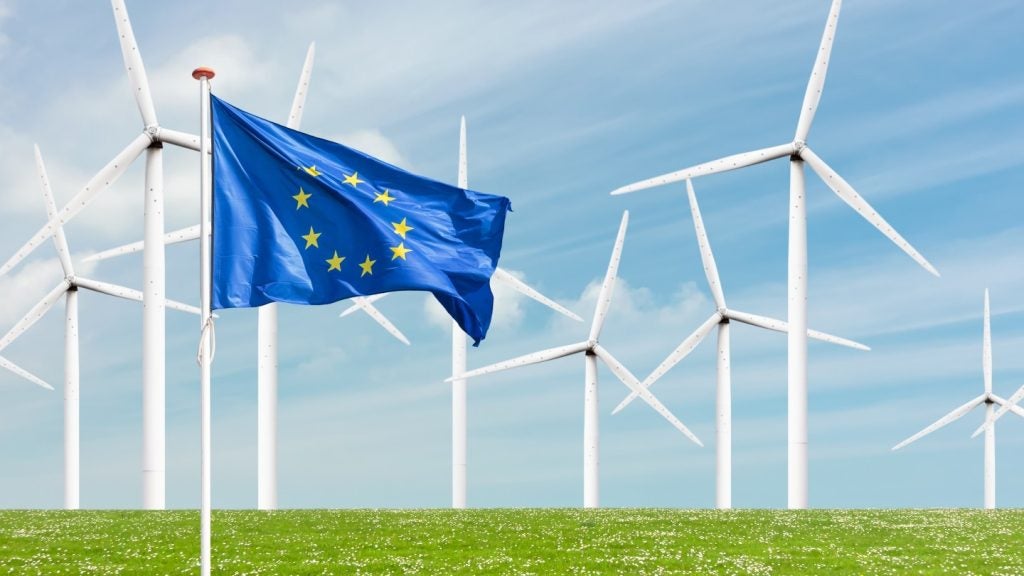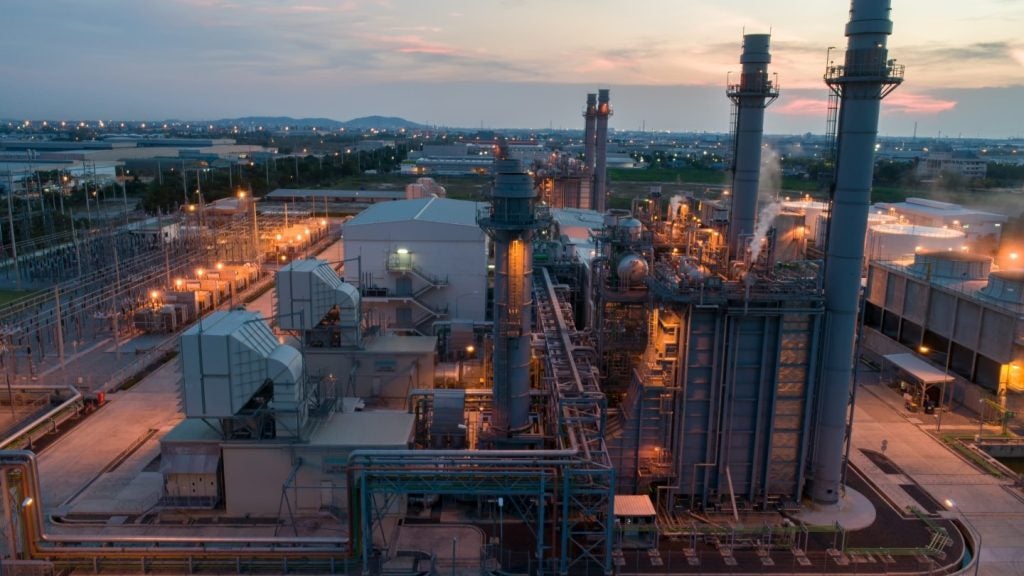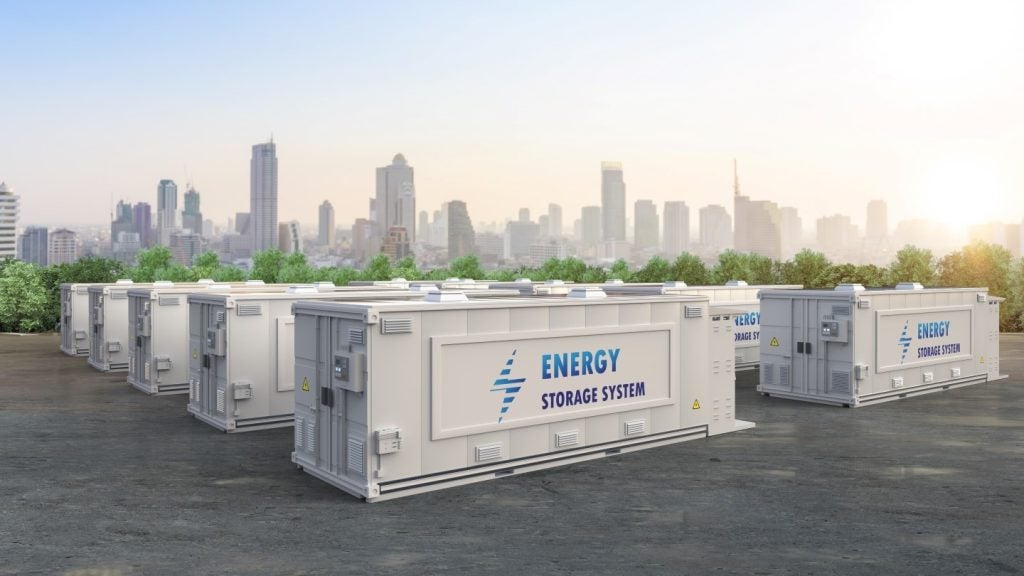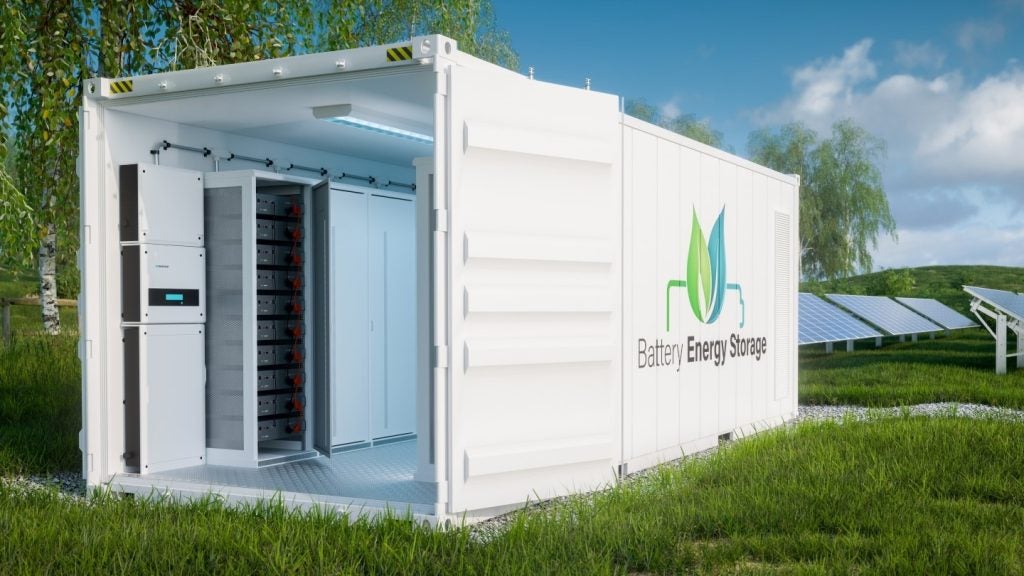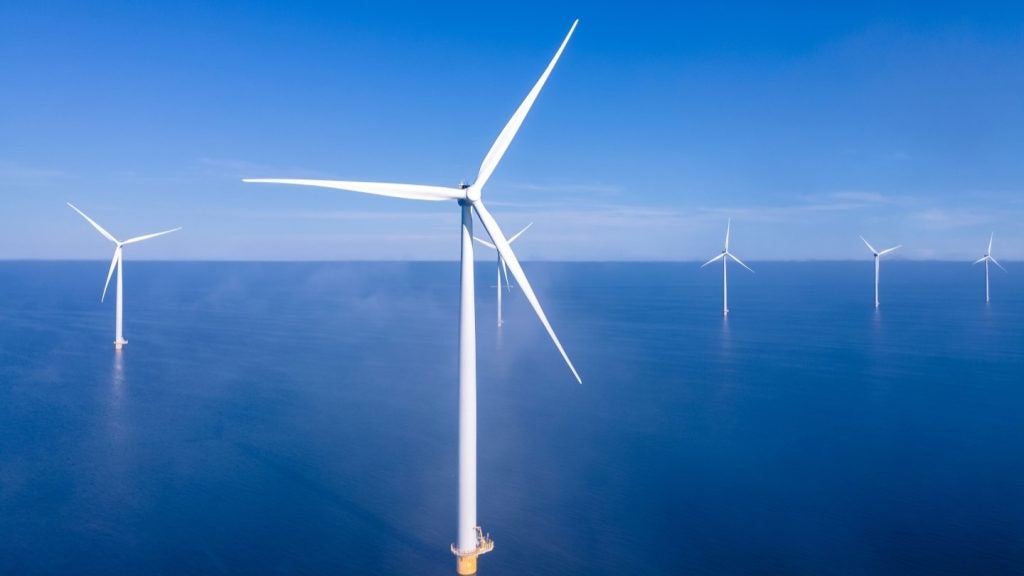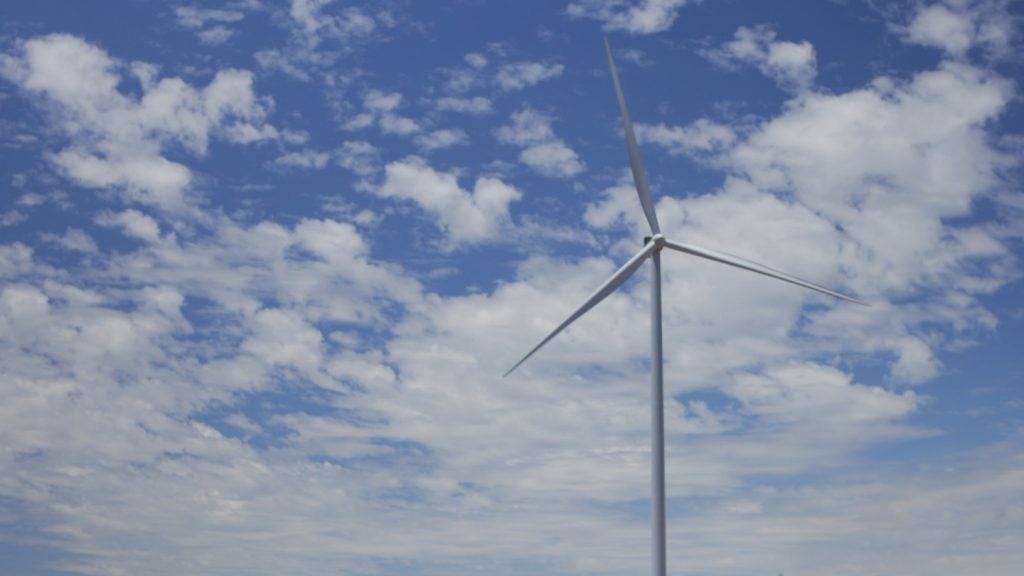This week's European Parliament elections have the potential to shape not just legislation in the EU for the next five years but also the progress towards its 2050 net-zero target.
Voting begins tomorrow (6 June) and runs until Sunday (9 June), with nearly 400 million EU citizens eligible to have their say about who becomes a member of the European Parliament (MEP).
With 720 elected legislators, the cumulative political leanings of MEPs have significant power to influence policies across the likes of climate, defence, security, migration and aid.
Polls for the 2024 elections are predicting a swing to the right, which if borne out would likely dilute and delay environmental legislation. Indeed, such are the potential ramifications that the EU's aim of being climate-neutral by 2050 could be affected.
Where does the EU currently stand on net zero?
A newly released report by independent energy think tank Ember unpacked the EU’s clean power progress since the election of the European Commission in 2019. It noted the EU’s “global leadership on energy transition” and highlighted the bloc's ambitious targets and growth of wind and solar power capacity.
The share of renewables in the EU’s energy mix in 2023 was 44% compared to 30% at the global level.
Of this, Chris Rosslowe, senior energy and climate data analyst at Ember, tells Power Technology's sister publication Energy Monitor: “This penetration of renewables is higher than both in China and the US. Early movers within the EU, such as Denmark (88%), Germany (52%) and the Netherlands (48%) are demonstrating how power systems can be run securely based on renewables.“
According to Ember’s report, since 2019, the EU wind and solar capacity has grown by 65%, pushing wind and solar’s share in the EU electricity mix from 17% then to 27% in 2023. In the same period, fossil fuel generation decreased by 22%.
Alongside its renewable capacity, the EU’s net-zero ambitions have also increased since 2019, with the 2030 renewable target now set at 42.5% alongside a 55% emissions reduction target.
This has come as part of the EU’s Green Deal, announced in 2019 by European Commission President Ursula von der Leyen, which made it a legal commitment for the EU and its member states to become climate-neutral by 2050.
How could the elections affect the energy transition?
In the past couple of years, there have been protests from farmers across the EU against greener reforms, alongside attempts by right-wing groups to reject or dilute the EU’s nature restoration law, among others. In addition to this, GlobalData analyst Christopher Papadopoullos points to region-wide concerns about competitiveness in light of legislation from the Green Deal.
“There are worries that it is reducing the competitiveness of the EU’s heavy industry and manufacturing, both of which are going through a tough time,” he tells Energy Monitor. “The regulations place new burdens on pretty much every sector of the economy.”
Despite recent right-wing pushback against environmental reform, Rosslowe remains confident in the region's progress in the clean electricity sector specifically given the EU’s established targets in the area.
“The election results are unlikely to change the direction of travel in the electricity sector where there is significant momentum driven by the ever-improving economics of wind and solar,” he explains.
Citing various pledges from the North Sea Countries on offshore wind, the Pentralateral Energy Forum and G7 countries’ commitments to decarbonise their power sectors by 2035, he says these “demonstrate the strength of commitment among key Member States to decarbonise electricity.”
Of the energy sector more broadly, Rosslowe believes there is more uncertainty and scope for political opposition to cause issues. Despite this, he thinks legislation being passed will make it difficult to undo.
“The parliament would need to undo or weaken targets and legislation that have already been agreed and passed as parts of the Green Deal, for example, the ban on combustion engine passenger cars from 2035,” he says.
“As the Green Deal is now in the implementation phase, individual Member States, rather than a new European Parliament, will have more influence on progress towards climate targets.”
Assessing the impact of a swing to right on the EU’s progress to transition to net zero, Papadopoullos says: “It could go two ways. There could be a delay in implementing policy and a reversal, or there could be a shift in emphasis from making regulation to spending more.
“The supply chains of electric vehicles and renewable energy equipment are generally dominated by China, so the EU is likely to continue to want to invest in its domestic production capacity for geopolitical reasons, even if it does take a step back from net zero.”


